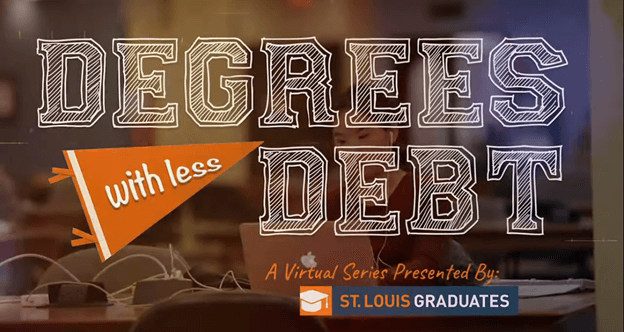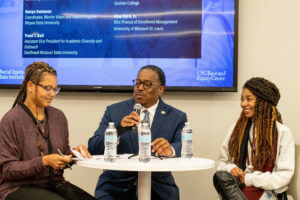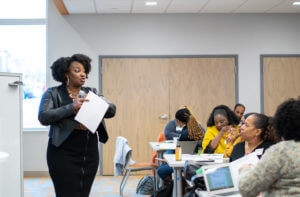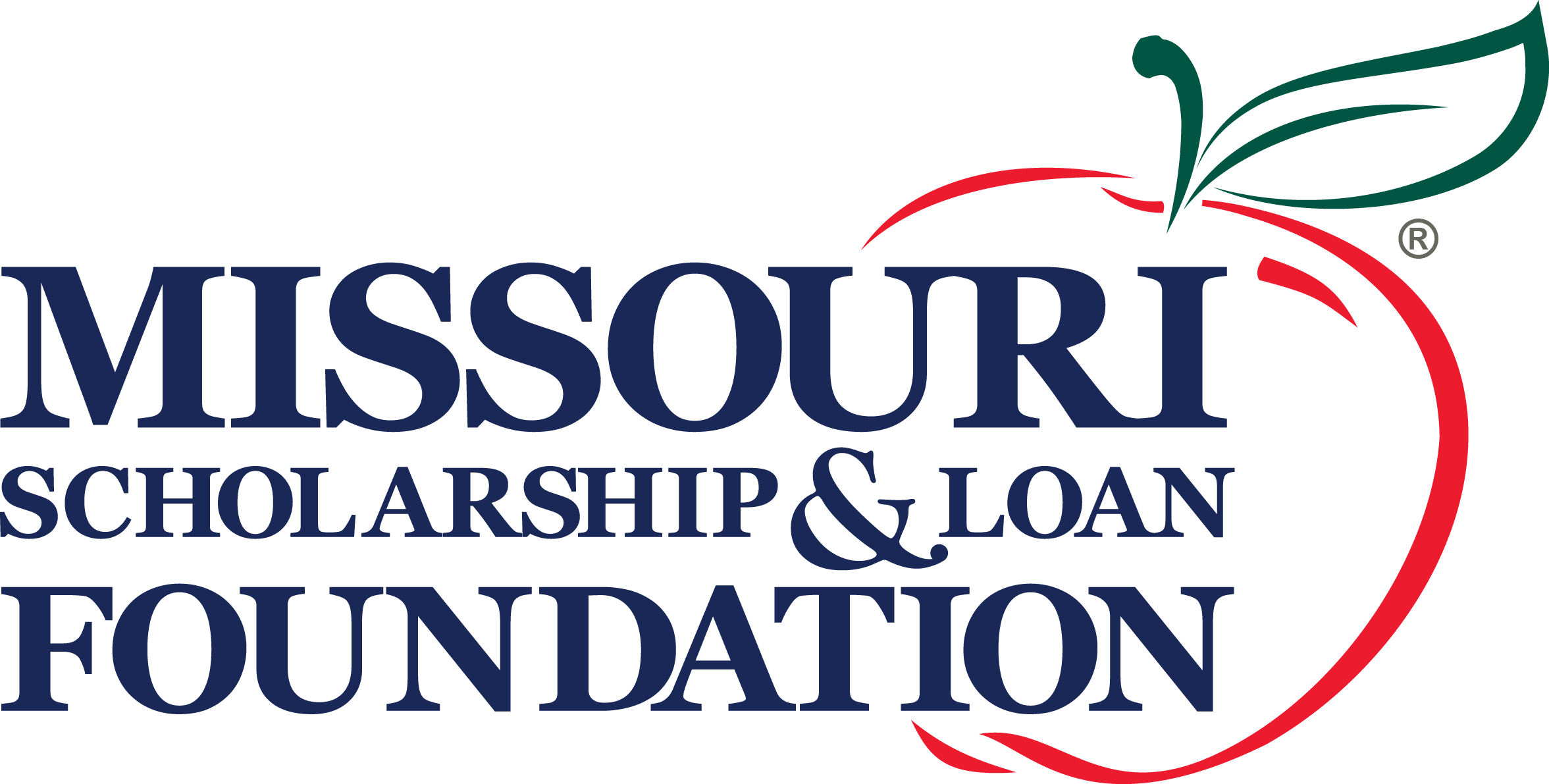Overview
Transforming lives through postsecondary education equity.
The Missouri College and Career Attainment Network (MOCAN) exists to ensure Missouri students who could most benefit from education beyond high school have what they need to earn a credential leading to a rewarding career. MOCAN is built on the success of two prior initiatives: Missouri College Access Network and St. Louis Graduates. Under one umbrella, MOCAN cultivates regional and state action to improve equitable outcomes for the people of Missouri.
People
Outcomes
Key Initiatives
Degrees with Less Debt
Which colleges in Missouri and southern Illinois are enrolling significant percentages of Black students and low-income students, and giving them the support they need to graduate at higher than predicted rates with less than predicted debt? More importantly, what are those colleges doing that can be scaled and replicated?
Those are the research questions behind Degrees with Less Debt. Initially commissioned in 2017, Degrees with Less Debt research was updated in 2020, including both a written report and three-episode video series.
Institutional strategies, identified through administrator interviews and student focus groups, guide the work of St. Louis Graduates’ Talent Hub, now the Postsecondary Equity Network. Among the strategies: flexible and sufficient financial aid; leadership and advocacy across the institution to create a culture that values diversity and inclusion; completion curriculum and supports that are proactive, integrated and targeted; and mental health and wraparound supports for today’s students.
Read the report and watch the video series at dwldstl.org

Postsecondary Equity Network
St. Louis Graduates subscribes to the idea posited in Forces for Good that changes in institutional policy lead to changes in public policy. The Postsecondary Equity Network (PEN) builds on the St. Louis Talent Hub which brought together five four-year institutions and community partners to implement strategies from the Degrees with Less Debt research to close equity gaps in degree completion.
Launched in 2019 through a two-day equity summit including colleagues from other Talent Hubs, PEN institutions use the equity-mindedness framework developed by Dr. Estela Bensimon and colleagues at USC and detailed in the text From Equity Talk to Equity Walk. The framework calls for intentionality in language and clarity in goals, use of disaggregated data to inform strategy and ensure accountability, anti-bias analysis of policy and practice, and implementation of innovative equity plans.
Through PEN, St. Louis Graduates partners with 16 institutions and supports their work through data collection and analysis, professional development, and group accountability. Each PEN partner commits to ensuring sufficient human and financial resources are dedicated to advancing innovative equity strategies at their institution; this includes an active PEN team of leaders, administrators, faculty and students. Their work is supported by professional development through Dr. Tia McNair, Vice President in the Office of Diversity, Equity, and Student Success at the Association of American Colleges and Universities (AAC&U) and co-author of From Equity Talk to Equity Walk and colleagues at Complete College America.
PEN’s five-year goal is to eliminate the equity gap in degree completion for Pell students and reduce the equity gap for Black student completion by half. The PEN data dashboard measures progress on contributing factors including enrolling diverse students, supporting them to persistence, and hiring and retaining Black faculty and staff. St. Louis Graduates is also tracking the composition of each PEN team to ensure that students are engaged in designing and implementing equity plans.

Professional Development Institute
Postsecondary education is the surest path to prosperity for individuals and communities, but for those navigating the transition from high school to college, the path is often hard to find. St. Louis Graduates connects high school counselors and youth organization advisers to training, tools, and resources so students and families can find the postsecondary education path that meets their needs, academically, financially and culturally. Traditionally held in-person for St. Louis area counselors, the Professional Development Institute pivoted online in 2020; as a result, its reach and impact have never been greater. More than 600 college and career advisers from across Missouri and southern Illinois participate in the Institute, connecting to resources and the wisdom and experience of each other on topics including match and fit, financial aid, and career pathways.

My Scholarship Central
My Scholarship Central was born of the belief that students who want to go to college should not be prevented from doing so because of an inability to pay for it. Federal, state and institutional aid is not enough to cover the cost of attendance for most students. My Scholarship Central helps to fill that gap by serving as a single online portal connecting students to over 100 scholarships and interest-free loan programs. Over 8,000 students use the portal each year.

Partners

Featured
Missouri Scholarship & Loan Foundation
Through the Talent Hub, Missouri Scholarship & Loan Foundation learned of the Warrior Wayback debt-forgiveness program at Wayne State University. Designed to cover back balances for adult students seeking to continue their education and complete their degree, Warrior Wayback served as the model for Missouri Scholarship & Loan Foundation’s Finish Line Degree Completion Program. The only statewide debt-forgiveness program, Finish Line provides funds to pay off back balances for Missouri residents within approximately 30 hours of completing their degree. Designed to be flexible, Finish Line allows students to pay off a balance at one institution to attend another. Since its launch in 2020, over 200 students have re-enrolled because of the grant. On average, less than $2,000 was preventing them from returning to college.
Hear about Finish Line and other degree-completion programs: Virginia Public Media included Finish Line and Warrior Wayback in its four-part series Dreams Deferred.


